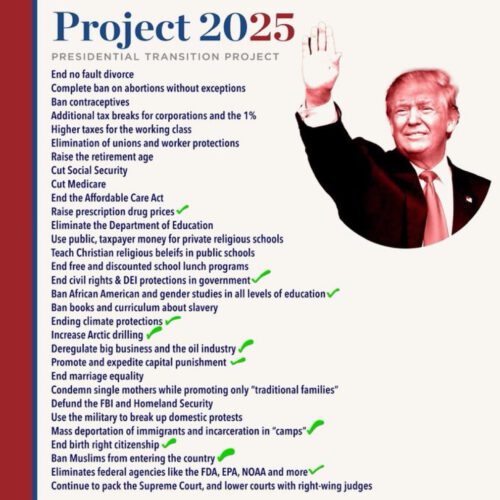🏛️ Due Process in the U.S. Constitution: Meaning, Articles, and Legal Impact
Due process is a fundamental principle in American constitutional law, ensuring that no individual is deprived of life, liberty, or property without fair legal procedures. This protection applies at both the federal and state levels, safeguarding individuals against arbitrary government actions. 📜 What Is Due Process? Due process refers to the legal requirement that the government must respect all legal rights owed to a person under the law. It encompasses two key aspects: Procedural Due Process: Ensures fair and transparent procedures before the government can deprive an individual of life, liberty, or property. Substantive Due Process: Protects certain fundamental rights from government interference, even if procedural protections are present. https://youtu.be/NTsnxq7rIWE 📌 Constitutional Foundations of Due Process Fifth Amendment (Federal Level) “No person shall... be deprived of life, liberty, or property, without due process of law...” 🔗 Read the Fifth Amendment on Archives.gov Fourteenth Amendment (State Level) “...nor shall any State deprive any person of life, liberty, or property, without due process of law...” 🔗 Read the Fourteenth Amendment on Archives.gov These clauses form the legal foundation for due process protections in the United States. ⚖️ Types of Due Process ✅ Procedural Due Process Procedural due process ensures that the government follows fair procedures before depriving a person of life, liberty, or property. Key components include: Advance Notice: Informing individuals of legal actions against them....













